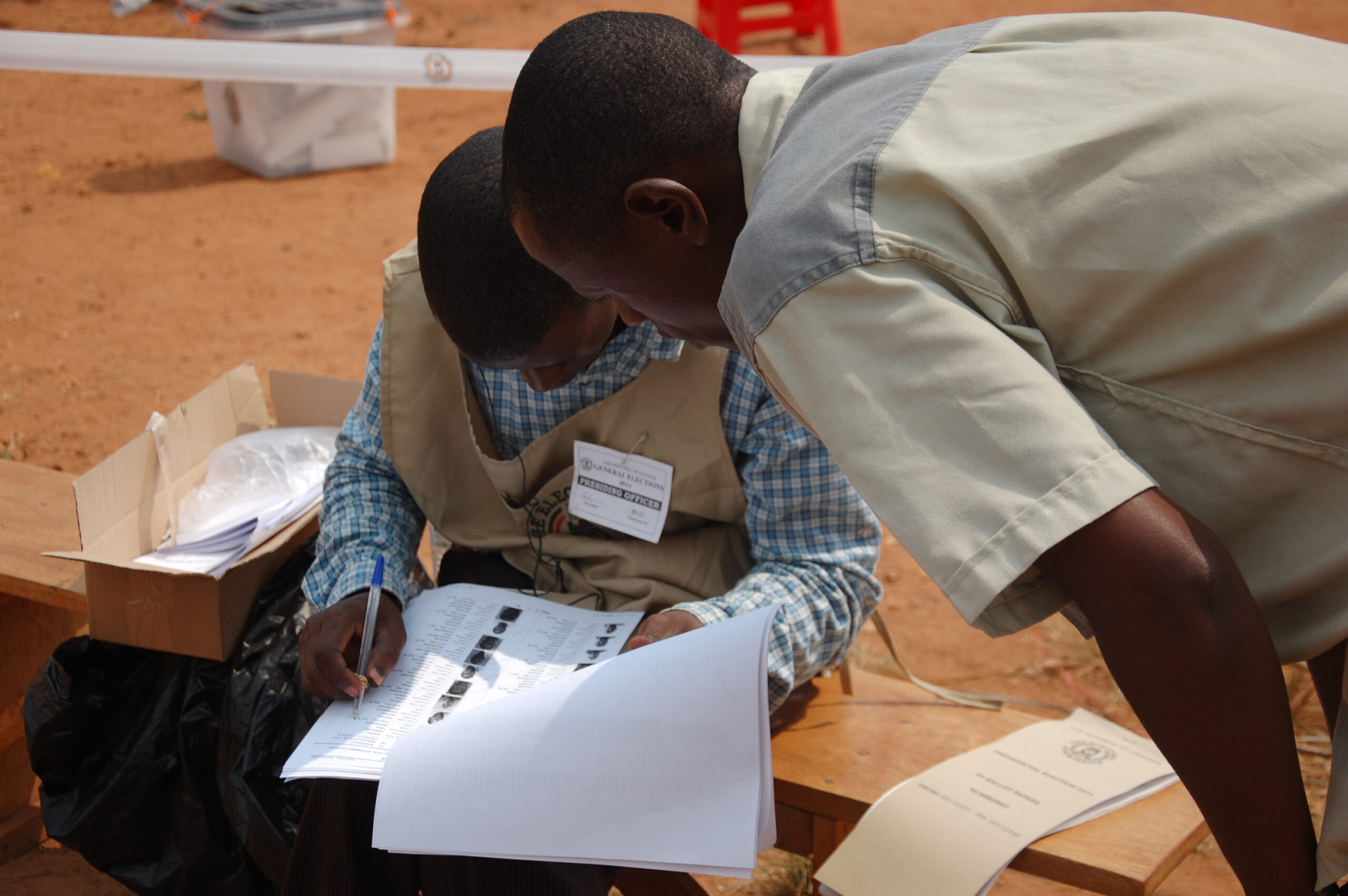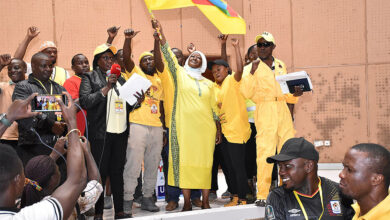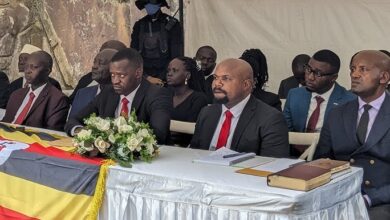EC to Spend Shs838Bn on 2026 General Elections

Justice Simon Byabakama, Chairperson of the Electoral Commission, has disclosed that the upcoming 2026 General Elections will cost Uganda UGX 838 billion. The largest portion of this budget, UGX 158.2 billion, is earmarked for the printing of ballot papers, while UGX 26.6 billion will be allocated for the transmission of election results from across the country to the national tally center.
Byabakama made this revelation during his appearance before the Legal and Parliamentary Affairs Committee on April 3, 2025, where he defended the Commission’s 2025/26 Ministerial Policy Statement. He also clarified that this budget does not include other electoral activities or the day-to-day operations of the Commission.
“The budget for the 2015-16 general elections was UGX 476.58 billion, while in 2020-21, it was UGX 765.7 billion. For the 2025-26 elections, the proposed budget is UGX 838.709 billion. In the 2025-2026 financial year, the government has allocated UGX 594.916 billion of the projected UGX 774.632 billion,” Byabakama explained. “It is important to note that some electoral activities remain underfunded or unfunded, requiring an additional UGX 179.716 billion.”
The Electoral Commission attributed the rising election costs to several factors, including an increase in the voter population, the number of polling stations, new city units, inflation, the integration of ICT into elections, and the inclusion of special interest group selections. “The general election budget has been steadily rising. For example, in the 2010-2011 general elections, the budget was UGX 299.534 billion,” Byabakama said.
Among the unfunded activities are the elections of Local Council I and II, women’s councils, and the required UGX 14.3 billion for by-elections arising from the general elections. An additional UGX 3.018 billion is needed for continuous voter education.
“Government has extended the term of office for these administrative units through Statutory Instrument No. 37 of 2022. The Commission plans to conduct elections for these units alongside the elections of women and council committees in the 2025-26 financial year, immediately following the general elections and before May 12, 2026, when the current government term expires,” Byabakama noted. “However, no funds have been allocated for these elections in the 2025-26 budget.”
Additionally, Byabakama informed the Committee that the Electoral Commission’s initial budget proposal of UGX 140.801 billion for the 2025/26 fiscal year, presented on January 17, 2025, did not account for the costs of the general elections, creating a funding gap of UGX 623.904 billion. However, the Medium Term Expenditure Framework (MTEF) has since been adjusted, with UGX 594.916 billion allocated, leaving a gap of UGX 179.716 billion.
The Commission is also requesting UGX 62.060 billion for the construction of new headquarters, following its eviction from the Kampala offices to make way for the Kampala Flyover project. In addition, UGX 1.651 billion is needed for the construction of regional offices and storage facilities, while UGX 5.998 billion is required to settle domestic arrears.
“In the 2024-25 financial year, UGX 26.2 billion was allocated for this project, but no funds have been released for the initial phases. In the 2025-26 financial year, the estimated cost for the first phase of the headquarters project is UGX 62.06 billion, which has not been provided for in the MTEF,” Byabakama explained.
While Bugweri County MP Abdu Katuntu expressed support for the Electoral Commission’s need for permanent office space, he raised concerns about the timing of such a major construction project during an election year. “Is it advisable to undertake such a significant capital project in an election year, especially one that requires large resources? There are also concerns about the Commission’s ability to oversee the project while managing elections,” Katuntu questioned.
He further expressed doubts about whether government would continue to fund the Commission’s requests for permanent office space after the elections, citing the tendency of Ugandans to lose interest in issues once the elections are over. “Will people be interested in funding the headquarters after the elections? We know the culture of moving on after an election,” Katuntu said.
Other unfunded costs include staff wage enhancements (UGX 12.468 billion), general administration (UGX 6.887 billion), facilitation of national consultative forums (UGX 2.85 billion), and capital assets (UGX 3.349 billion). The Commission is also seeking to settle a long-overdue wage enhancement installment of UGX 10.436 billion, which was due in the 2019-2020 financial year.
The list of unfunded activities sparked calls for a joint meeting between the Legal Committee, the Ministry of Finance, and the Electoral Commission. Katuntu questioned whether someone was intentionally creating a funding crisis to influence election results. “Is someone deliberately withholding funds until the last minute to force the Commission to act under pressure?” Katuntu asked.
Stephen Baka, Chairperson of the Legal and Parliamentary Affairs Committee, agreed with Katuntu’s call for a joint meeting to address these issues. “We need to have a meeting with the Ministry of Finance and the Electoral Commission to address these funding concerns and ensure the elections are adequately financed,” Baka concluded.







